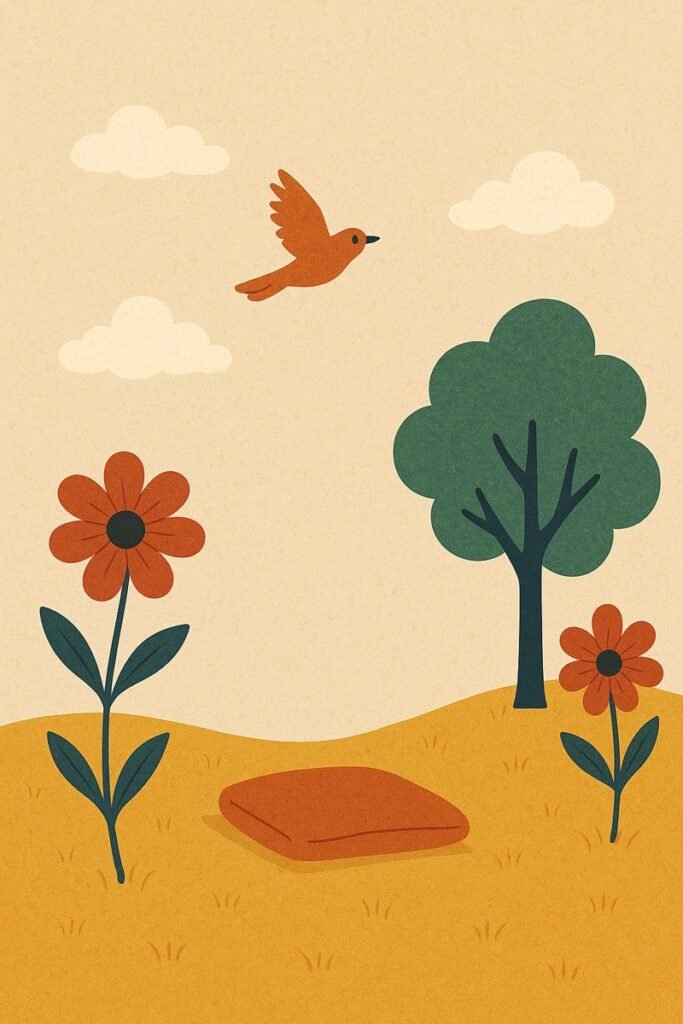Behold this image!
A surgeon after performing a 10 hour surgery, comes out of the operation theatre. He takes a sigh. Things are still critical. But he doesn’t give these expressions when he is in the operation theatre, where everyone is looking at him for his work and prowess.
He also doesn’t show his pauses in front of the patient’s relatives. He does it when the people who look up to him, can’t see him.
He doesn’t want them to shake their confidence in him.
He probably wouldn’t even have felt like sighing when he was in the operation theatre itself. The pressure wouldn’t have let him relax or take a short break just to realign himself at all.
So, in the same way, you don’t sigh inside the very room where the problem lives.
Imagine there is a heavy discussion or argument going on, you are sort of the neutral person or the unsaid umpire of the situation. You are swept up in all the heavy emotions in the room that demand your 100% attention.
But it doesn’t mean your nervous system isn’t asking for a break. We need time to realign, process and ruminate our thoughts. That small sigh is an example of a short yet significant break.
When we are in the room with the red light on, we may not want to tell people that there is something critical going on, through our expressions.Lest, they might get nervous and tense even more.
We may foresee bigger trouble ahead, but we hold the calm of the room intact before dropping the weight of heavy information.
And sometimes the situation is so urgent, you can’t imagine anything else, but to remain present in that situation.
But something happens when you step out of your frame of reference. Something changes significantly, even for a second.
Something which was mentioned by Daniel Kahneman, in ‘thinking fast and slow’. The moment our frame changes, mostly it’s the panic room itself, we suddenly become aware of the heaviness.
There is heavy weight on our shoulders but we also feel we can put it down, for a bit. Before we could find the courage to put it back up again.
Maybe that’s how being in a tough phase and getting through it feels.
When we are in it, we can’t catch a breath. We are so deep in it, we can’t think of anything else in the world. It makes us panic and lose our strength, bringing us to our wits’ end.
But is there something which can temporarily fix this frame, just like stepping out of the panic room?
I think those transient breaks are people/friends/family. It could be a hobby, it’s a vacation. Sometimes work too!
It could be a book or a movie or a night of standup comedy!
Something or anything which lets you dissociate and detach from the imminent problem, for a bit. Something which gives you a chance to feel yourself, process the situation and your emotions about it.
This change is pertinent for your emotional resilience. Yes, we are built to last. But we are not built without pit stops.

We need to recharge. Maybe the capacity of everyone is different.
We still haven’t been able to make a perpetual machine, let alone a human body!
Do not hesitate to catch your breath. When going gets really tough, step out of your room.
Yes, you have to step into it again, eventually, but recharging before going in, might give you a fresh set of perspectives and energy to solve the situation in the room again.
What is life, if not a vast healthcare center!
At any given time, some room is always blinking, asking for help?
